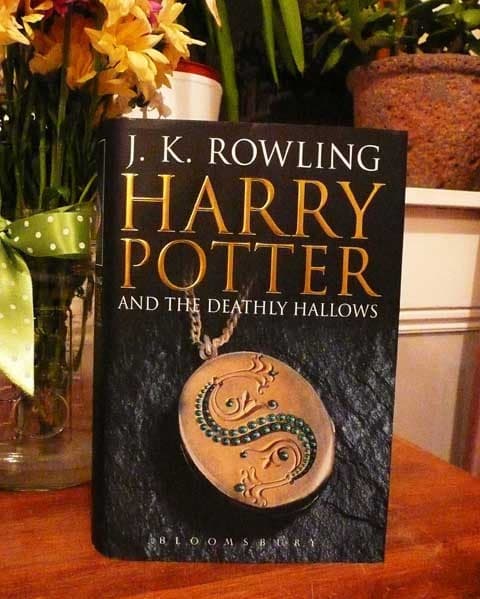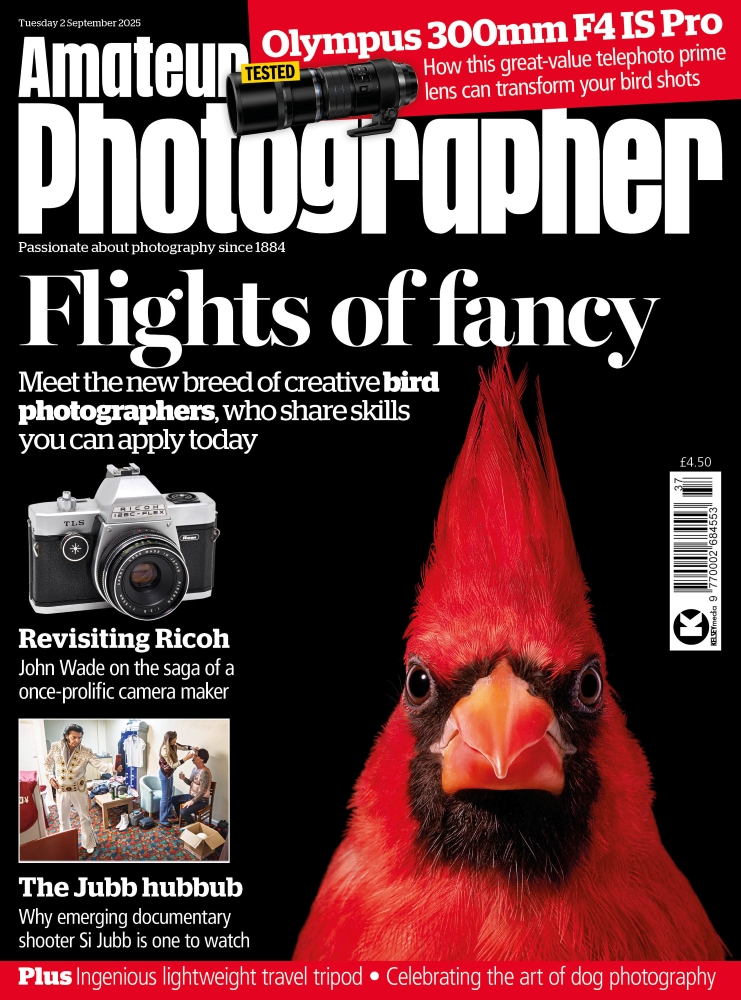Today?s legal ruling, which allows JK Rowling to ban future publication of a paparazzi photograph of her son David, could have a major impact on the future value of such pictures, a leading media lawyer has warned.
The Harry Potter author has won her legal fight in the Court of Appeal, overturning a decision made in the High Court last year that prevented her banning future publication of the image.
The shot showed Rowling and her husband, with David in a buggy, on an Edinburgh street in November 2004.
Jonathan Coad, media lawyer at Swan Turton solicitors said today: ?This decision is hugely significant for individuals in the public eye who wish to protect their children from media intrusion. However, it seems that only parents who have consistently taken steps to protect their children from the media glare will elicit the sympathy of the court??
He said the decision indicates the way that the courts appear to be going on the issue of privacy and that the Court of Appeal ?unanimously found that a claim over a photograph taken in a public place is at least arguable?.
Rowling had initially sued Express Newspapers, which printed a photograph of David, then an infant. The publisher later settled the claim.
She also took action against Big Pictures (UK), the agency that supplied the photo – captured covertly using a long lens.
It is reported that Big Pictures will now have to pay the majority of costs in the case, estimated at £600,000.
The court ruled that a child has a ?reasonable expectation that he or she will not be targeted in order to obtain photographs in a public place for publication, which the person who took the photographs knew would be objected to on behalf of the child?.
However, the court stressed that the ?focus should not be on the taking of the photograph in the street but in its publication? and rejected the view that the claimant has a legal ?image right?.
Coad said that the court took into account the ?clandestine taking of and subsequent publication of the photograph? in circumstances in which Big Pictures ?did not ask David?s parents for their consent?.
He concluded that Big Pictures now has to decide whether to try to overturn the Court of Appeal?s decision in the House of Lords or ?accept the commercial consequences of this decision which will undoubtedly reduce the value of such photographs?.
Overturning the High Court decision the Court of Appeal asserted: ?In our opinion it is at least arguable that David had a reasonable expectation of privacy. The fact that he is a child is of greater significance than the [High Court] judge thought.?
Big Pictures had yet to respond to our request for a comment at the time of writing.
Speaking last summer, Big Pictures chief executive Darryn Lyons said it was never the agency?s intention to cause David Murray, or indeed any member of the family of JK Rowling, any distress.
Before last year?s High Court ruling Rowling argued that the capture and publication of the image entitled her son to damages for breach of confidence or ‘mis-use of private information’ and compensation under the Data Protection Act. A temporary ban was placed on publication of the image.
Rowling filed the claim, under her real name Joanne Murray, on behalf of her son.
Lawyers warned last year that a Rowling victory could have major implications for photographers as the boundaries of privacy law in the UK would be ?significantly enlarged?.
Picture credit: Jeff Meyer
RELATED STORIES








